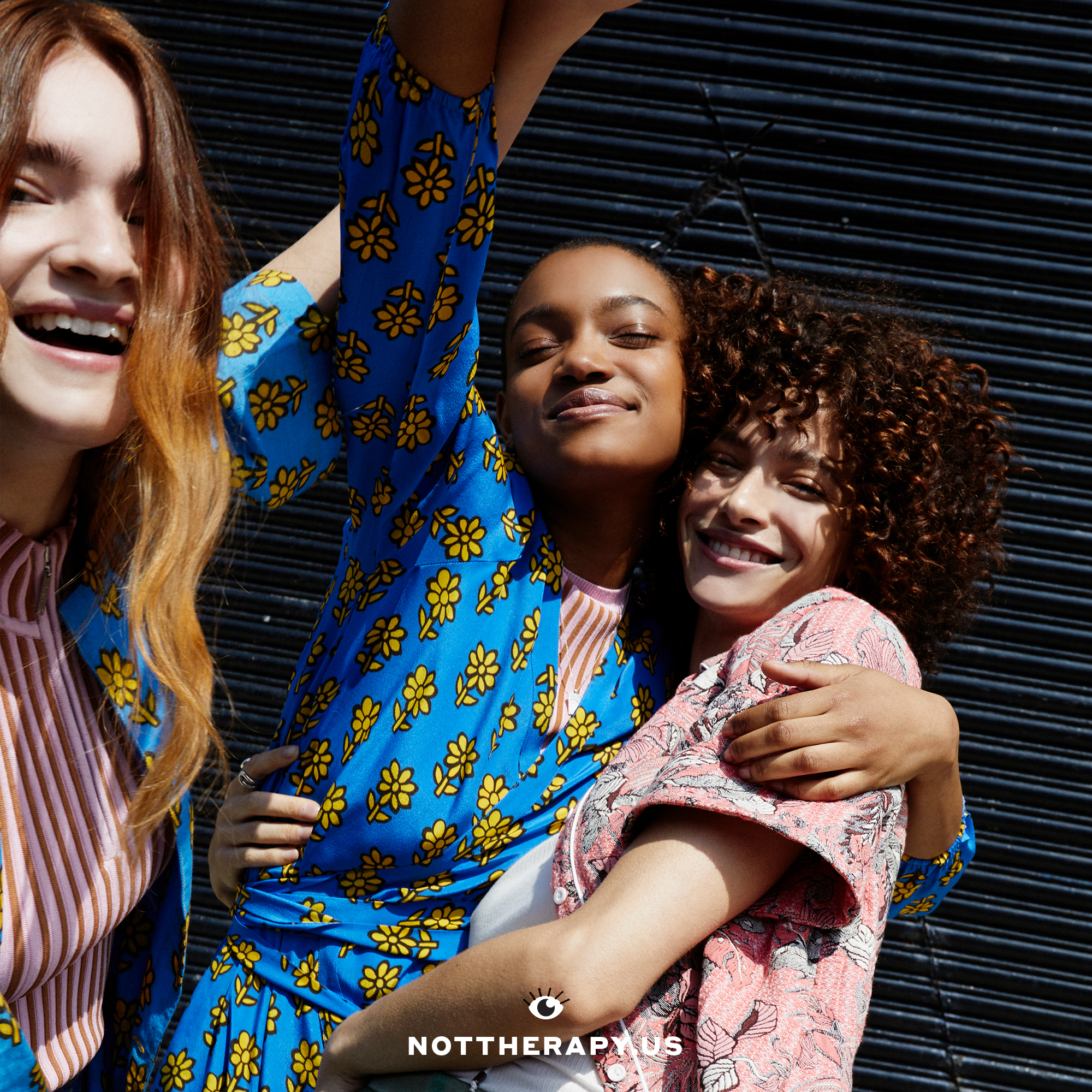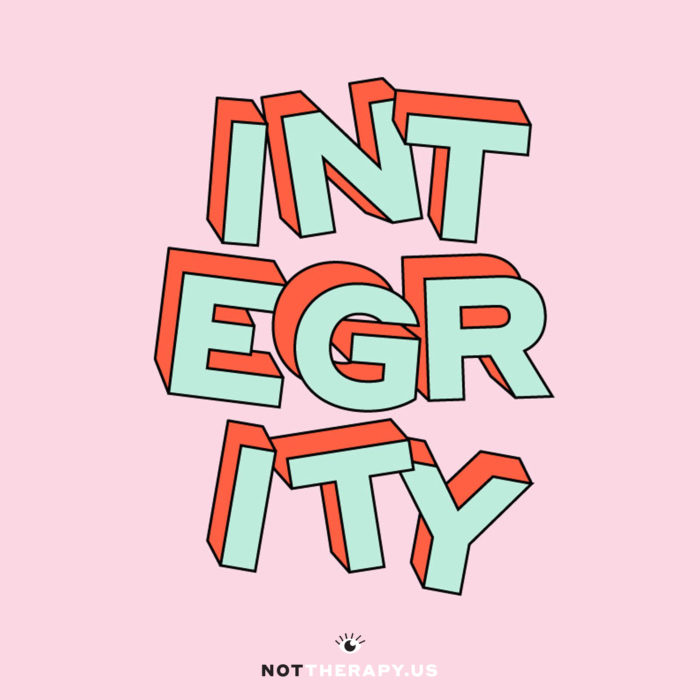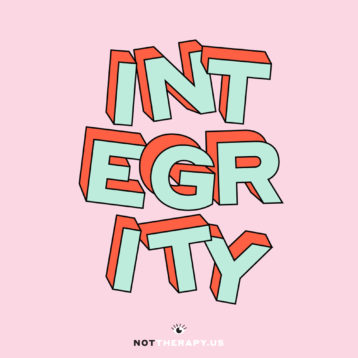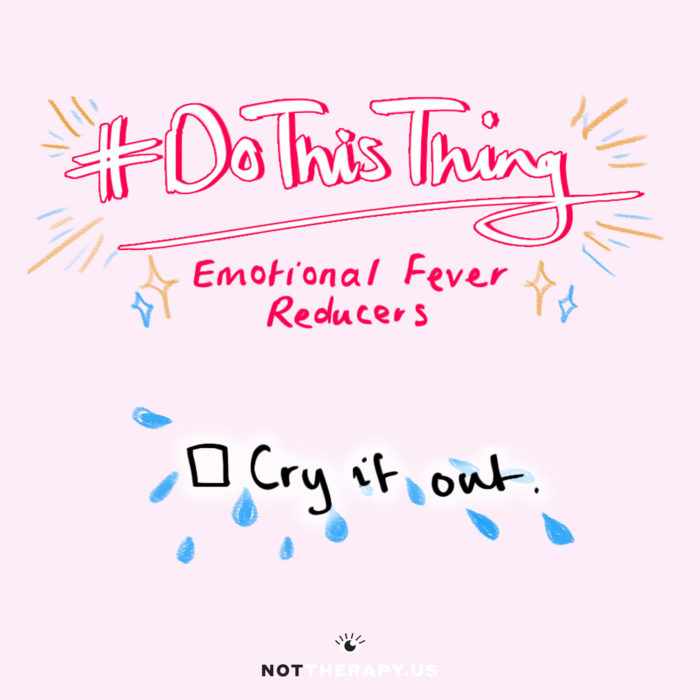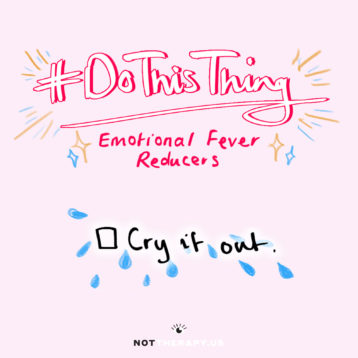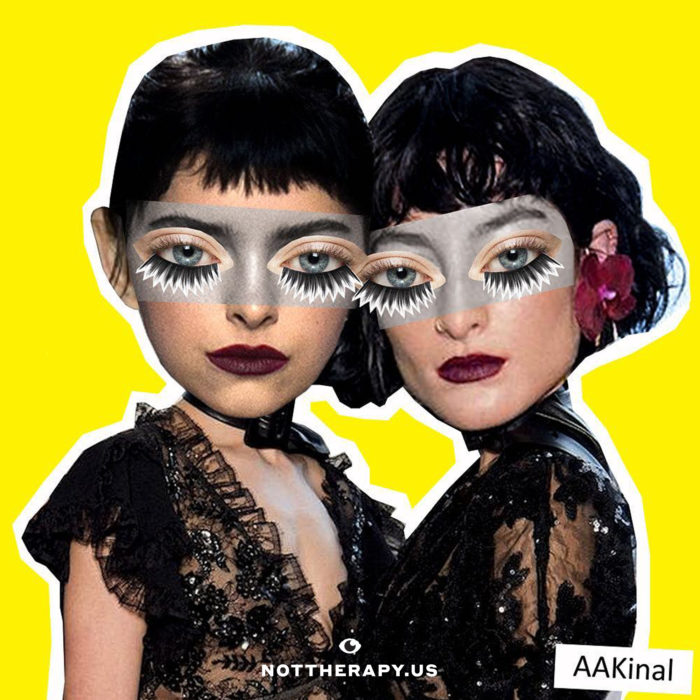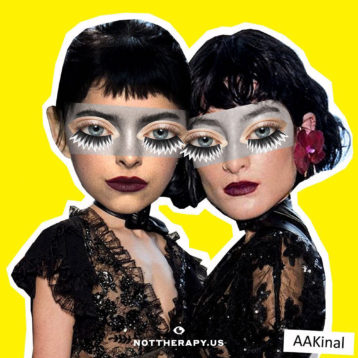The time you spend in high school is super-important developmentally.
During your adolescence, you begin to have some of your attachment needs met by your peer group.
Your friends become like a second family; often, a family that seems to understand you better than your own. Separating a bit from your parents during HS and becoming more of an individual with your own agenda and ideas is an important part of growing up.
Who you choose to hang out with in high school is a big deal. Think about it: the people we spend time with influence our behavior. I’m not saying we’re all a bunch of followers, but the company we keep does sway our thinking, actions and viewpoints.
High school is a time when we’re beginning to make decisions on our own without our parents’ input. We’re faced with our changing bodies, emotions, girlfriends, boyfriends, sex, drugs, alcohol and f@cking chemistry class. We’re bombarded with a ton of shit and we’d better have reliable, healthy friends to walk the walk with.
I often have girls in my office who feel terrible for not being drawn to their bestie from eighth grade or last year. They feel as if they’ve done something wrong for moving on to a new go-to friend or friend group. Sometimes, the distance was initiated by conflicting class schedules, other times it was a conscious distancing, when old-BFF started drinking, ditching class or doing other stupid shit.
The way I see it, loving and letting go are both parts of growing up. It’s important to embrace all of it.
How do you know it’s time to let go?
Here are several signs that you’ve outgrown the friendship:
1. You don’t have similar interests anymore
In high school, you’re typically mixed with kids from all over town, no longer divided by zip code or neighborhood the way you were in middle school. In some cases, kids go to boarding schools and meet people from all over the world.
Regardless of your individual circumstance, you’re exposed to people with interests you may not have known you had last year—or even last week. Every day, you’re becoming closer to the person you’re meant to be, learning more about the world around you and about yourself.
As you get older, you’ll continue to learn new things, love new things and leave old things behind.
The idea that you would remain super close with the friends you met in kindergarten is unrealistic. Of course, some people grow with you. Others grow in another direction.
Don’t be sad—celebrate, you’re both growing up. Cheer each other on. No resentments.
2. Her behavior seems elementary to you
Perhaps you’ve noticed that your old-BFF does things that aren’t in line with who you want to be. She talks about other people, especially the girls you’ve been hanging with from your soccer team.
When she sees you hanging out with new friends, she gives you the silent treatment or even worse, leaves you opened and doesn’t snap back. Her actions cause you to pause and make you feel badly, when you know deep down that you did nothing wrong. It seems she’s always mad or disappointed—in you.
Spending emotional energy on explaining yourself is not on the agenda. You don’t have to explain your connection with others to anyone, ever. The goal is to connect in a meaningful way with as many people as possible.
Anyone who’s threatened by your growth has their own work to do and that has nothing to do with you. Do your own work.
3. You only talk about the past
In high school, it’s fun to talk about next weekend, not last year.
If you notice that you and your old-BFF constantly talk about “the good ol’ days,” the friendship likely isn’t doing anything great for either one of you. We all have fun reminiscing—but not every time we hang out.
The goal is to be present. Here. Today.
The takeaway? We’re never holding steady. We’re either growing or we’re regressing. It’s important that you learn now not to dumb down, stay stuck or hold back for anyone or anything.
I have the same advice for your old-BFF.
If you need help with easing your guilt, talking to your old-BFF or figuring out how to move forward, #DoThisThing with me this week. It’s all about baby steps in the right direction. Ready? Let’s take one together.
Illustration by Blair Breitenstein.



